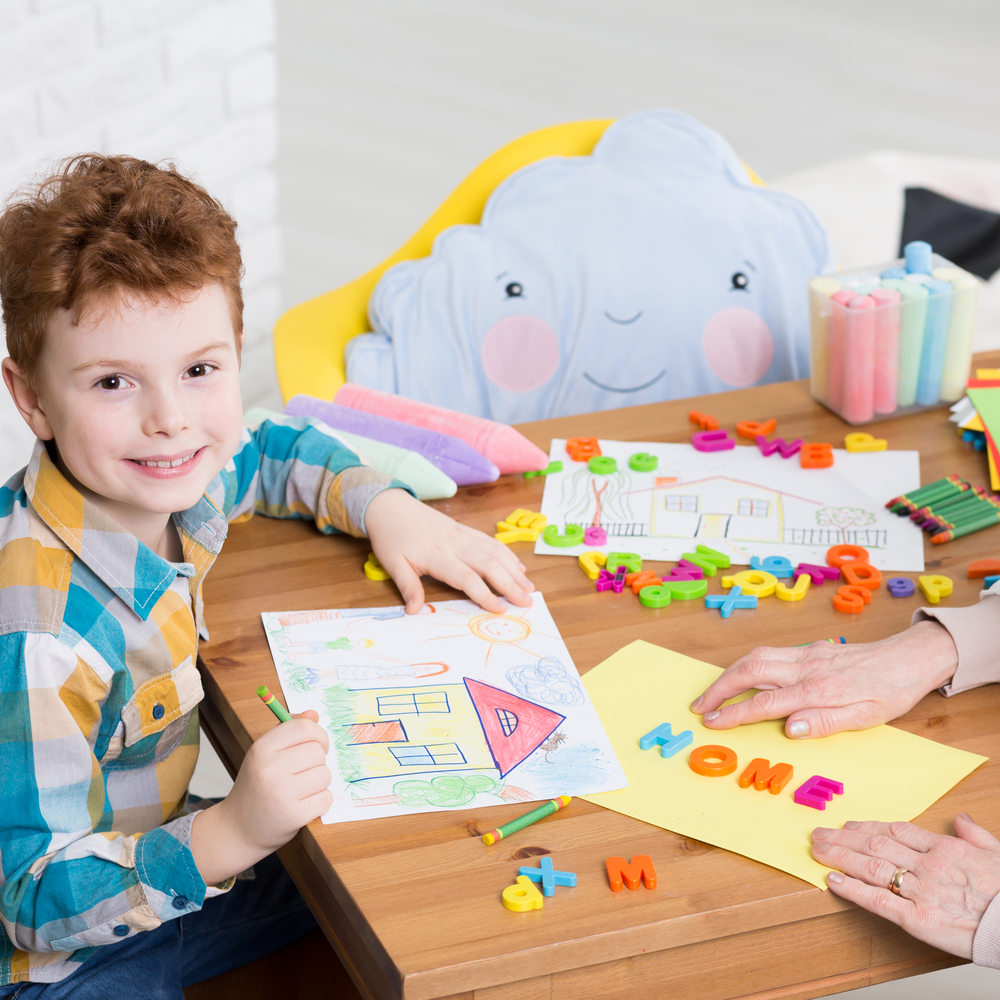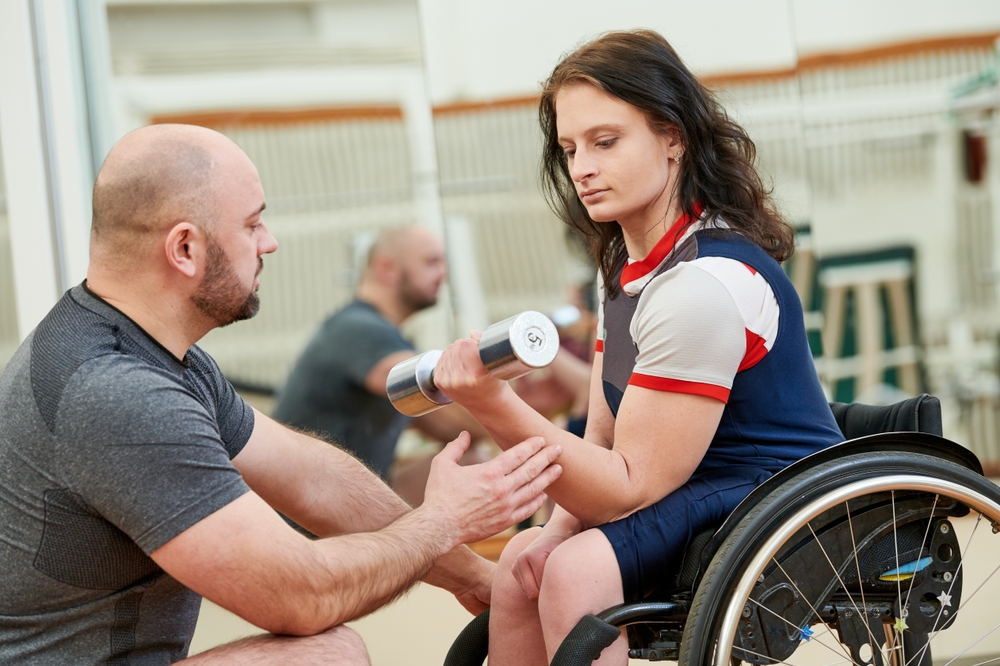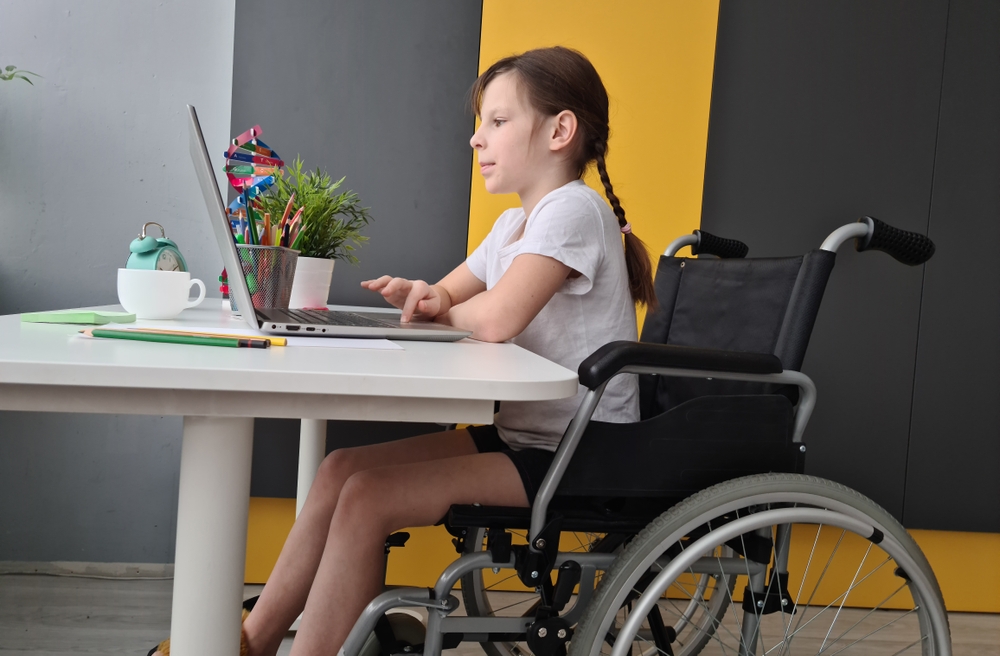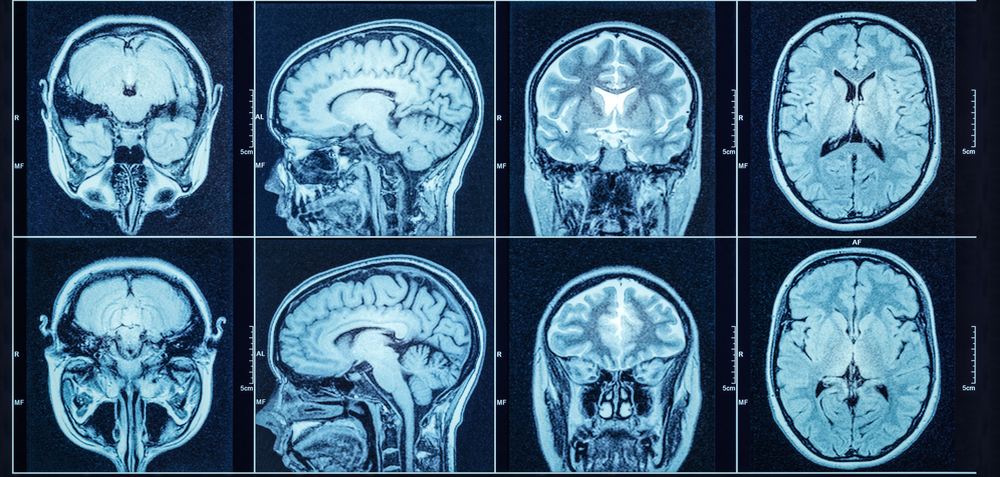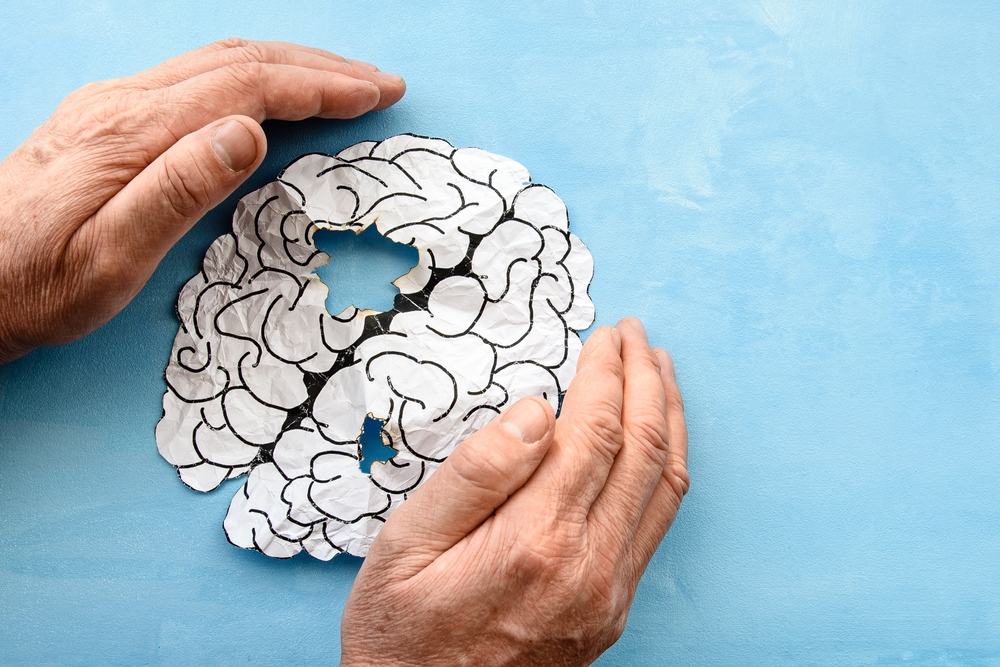Make an Appointment
Dementia is a progressive disease that affects memory, thinking, and behavior. As the disease progresses, individuals with dementia may experience difficulty with activities of daily living, communication, and engaging with their environment. Engaging in activities is crucial for people with dementia, as it can improve their cognitive function, reduce symptoms of depression and anxiety, and enhance their quality of life.
In this article, we will explore the benefits of sensory activities for people with dementia, the types of sensory stimulation activities, examples of sensory activities for adults, how sensory stimulation can improve cognitive function in individuals with dementia, and how to create a sensory room for individuals with dementia. We will also discuss the different stages of dementia and how they impact activities for people with dementia.
Table of Contents:
I. Introduction
II. What kind of activities are good for dementia patients?
III. Why are sensory activities important for dementia patients?
IV. What are sensory stimulation activities?
V. What are some sensory activities for adults?
VI. What is sensory stimulation for dementia?
VII. How do you make a sensory room for dementia?
VIII. What are the stages of dementia and how do they impact activities for people with dementia?
IX. What is an example of sensory play?
X. What are examples of sensory skills?
XI. Conclusion
Introduction
Dementia is a term used to describe a group of symptoms that affect memory, thinking, and social abilities, among other things. Dementia is caused by damage to brain cells, which can occur due to several factors, including age, genetics, and lifestyle. Currently, there is no cure for dementia, but there are ways to manage the symptoms.
Engaging in activities is crucial for people with dementia, as it can improve their cognitive function, reduce symptoms of depression and anxiety, and enhance their quality of life. However, not all activities are suitable for people with dementia. In this article, we will explore the benefits of sensory activities for people with dementia and the types of sensory stimulation activities that can be used to improve their quality of life.
What kind of activities are good for dementia patients?
Physical, cognitive, and social activities are good for people with dementia. Physical activities can help improve strength and balance, reduce the risk of falls, and enhance overall health. Cognitive activities can help improve memory, attention, and problem-solving skills. Social activities can help reduce feelings of isolation and improve socialization skills.
In addition to physical, cognitive, and social activities, sensory activities can also be highly beneficial for individuals with dementia. Sensory activities involve stimulating one or more of the five senses - sight, hearing, touch, taste, and smell - in order to engage the brain and promote relaxation, pleasure, and improved cognitive function.
Sensory activities can range from listening to music, smelling different scents, engaging in tactile activities such as crafts or puzzles, or even tasting different foods or drinks. These activities not only provide an enjoyable experience but can also help improve sensory processing, which is often impaired in individuals with dementia.
Furthermore, sensory activities can also help reduce feelings of agitation, anxiety, and depression commonly associated with dementia. By engaging in sensory activities, individuals with dementia can maintain their cognitive function, improve their quality of life, and feel more connected to their surroundings and loved ones.

Why are sensory activities important for dementia patients?
Sensory activities are activities that stimulate the five senses: sight, sound, touch, taste, and smell. Sensory activities are important for people with dementia because they can help stimulate the brain, reduce anxiety, and enhance their quality of life. Sensory activities can also help individuals with dementia to connect with their environment and the people around them.
Sensory activities are important for individuals with dementia because they provide an engaging and stimulating experience that can help promote cognitive function, reduce feelings of anxiety and agitation, and enhance overall quality of life. These activities can be especially important for individuals with dementia, as they often experience a decline in sensory processing capabilities, which can lead to a decreased ability to connect with their environment and the people around them.
By engaging in sensory activities, individuals with dementia can improve their ability to process sensory information and feel more connected to the world around them. For example, listening to music can help stimulate memories and emotions, while tactile activities like playing with textured materials or squeezing stress balls can provide a calming effect and reduce feelings of anxiety. Sensory activities can also help improve socialization skills, as they provide a common ground for communication and interaction.
Furthermore, sensory activities can be customized to the individual needs and preferences of the person with dementia. For example, if someone has a particular fondness for a certain scent, incorporating that scent into an activity can help promote engagement and enjoyment. Overall, sensory activities can provide a wide range of benefits for individuals with dementia, helping to promote cognitive function, reduce feelings of anxiety, and enhance overall quality of life.
What are sensory stimulation activities?
Sensory stimulation activities are activities that are designed to stimulate one or more of the senses. There are several types of sensory stimulation activities, including aromatherapy, music therapy, art therapy, and massage therapy. These activities can help individuals with dementia to relax, reduce anxiety, and connect with their environment.
What are some sensory activities for adults?
There are many sensory activities for adults that can help stimulate the five senses. For example, listening to music can stimulate the sense of hearing, while smelling different scents can stimulate the sense of smell. Other examples of sensory activities for adults include painting, gardening, and cooking.
What is sensory stimulation for dementia?
Sensory stimulation for dementia is a type of therapy that uses sensory activities to stimulate the brain and reduce symptoms of dementia. Sensory stimulation activities can help individuals with dementia to connect with their environment, reduce agitation and aggression, and enhance their overall well-being.
Sensory stimulation for dementia is a therapeutic approach that uses sensory activities to stimulate the brain and reduce symptoms of dementia. The main objective of sensory stimulation is to engage the five senses - sight, hearing, touch, taste, and smell - in order to help individuals with dementia feel more connected to their environment and improve their overall well-being.
Sensory stimulation activities can be tailored to the individual needs and preferences of the person with dementia. For example, visual stimulation activities might include watching videos, looking at photographs, or engaging in art projects. Auditory stimulation activities might include listening to music, singing, or participating in group discussions. Tactile stimulation activities might include engaging in activities with different textures or holding objects of different shapes and sizes.
Sensory stimulation can also help reduce symptoms of agitation and aggression in individuals with dementia. By engaging in activities that are pleasurable and calming, individuals with dementia can feel more relaxed and less likely to exhibit disruptive behaviors. Sensory stimulation can also help improve overall quality of life for individuals with dementia, by promoting socialization and reducing feelings of isolation.
Overall, sensory stimulation for dementia is an important therapy that can help improve the lives of individuals with dementia. By engaging the senses and promoting relaxation and enjoyment, sensory stimulation can help individuals with dementia to feel more connected to their environment and enhance their overall well-being.
How do you make a sensory room for dementia?
A sensory room is a space that is designed to stimulate the senses and promote relaxation. Sensory rooms can be beneficial for individuals with dementia, as they can provide a calming and comforting environment. To create a sensory room for individuals with dementia, you will need to choose appropriate sensory activities and equipment, such as sensory lights, calming music, and tactile objects.
What are the stages of dementia and how do they impact activities for people with dementia?
Dementia is a progressive disease that develops in stages. There are four stages of dementia: mild cognitive impairment, early-stage dementia, middle-stage dementia, and late-stage dementia.
The different stages of dementia can impact activities for people with dementia, as the activities that are suitable for individuals with early-stage dementia may not be appropriate for those with late-stage dementia.
Dementia is a progressive disease that develops in stages, each with its own set of symptoms and challenges. The different stages of dementia can impact activities for people with dementia, as the activities that are suitable for individuals with early-stage dementia may not be appropriate for those with late-stage dementia.
The first stage of dementia is mild cognitive impairment, which is characterized by minor memory problems and difficulties with language and decision-making. At this stage, individuals with dementia may benefit from activities that focus on cognitive stimulation, such as crossword puzzles, reading, or engaging in discussions.
Early-stage dementia is the second stage of dementia, and at this stage, individuals may experience more significant memory loss and have difficulties with everyday activities. At this stage, it is important to provide activities that are appropriate for the individual's abilities and interests, such as music therapy, arts and crafts, or gentle exercise.
Middle-stage dementia is the third stage of dementia, and at this stage, individuals may require more assistance with daily activities and may experience more significant changes in their behavior and personality. Activities for individuals with middle-stage dementia should focus on maintaining physical and mental stimulation, such as reminiscing activities, sensory stimulation, and exercise programs.
Late-stage dementia is the final stage of dementia, and at this stage, individuals may require full-time care and support with all aspects of daily life. Activities for individuals with late-stage dementia should focus on providing comfort and enhancing quality of life, such as hand massages, listening to music, or engaging in simple sensory activities.
In conclusion, understanding the stages of dementia is important for providing appropriate activities and care for individuals with dementia. By tailoring activities to the individual's abilities and interests, individuals with dementia can continue to experience a sense of purpose, enjoyment, and connection with their environment and the people around them.

What is an example of sensory play?
Sensory play is a type of play that involves stimulating the senses through exploration and discovery. An example of sensory play for individuals with dementia may be a sensory bin filled with different textures, such as sand, rice, or beans. Sensory play can help individuals with dementia to engage with their environment, reduce agitation, and promote relaxation.
What are examples of sensory skills?
Sensory skills are skills that involve the use of the senses. Examples of sensory skills include identifying different scents, recognizing different textures, and matching colors. Sensory skills are important for individuals with dementia, as they can help improve cognitive function and promote engagement with the environment.
In conclusion, sensory activities can be an effective way to enhance the quality of life of people living with dementia. Engaging in sensory stimulation activities can help to reduce anxiety, improve mood, and promote cognitive function. It is important to consider the individual needs and preferences of each person with dementia when selecting activities to ensure that they are enjoyable and stimulating.
How Physio Inq's Occupational Therapy, Speech Pathology, and Exercise Physiology Can Benefit Dementia Patients Through Sensory Activities
At Physio Inq, our team of healthcare professionals is experienced in providing a range of services to support people living with dementia, including physiotherapy, occupational therapy, speech pathology, and exercise physiology. We understand the challenges that come with dementia and we are here to provide support and assistance to help individuals with dementia maintain their independence and quality of life. Physiotherapy
Physio Inq's mobile & in-home physiotherapy services can be particularly beneficial for people with dementia who may be experiencing physical limitations, such as reduced mobility or muscle weakness. For example, a physiotherapist may work with a person with dementia to develop a personalized exercise program that can help improve strength, balance, and flexibility. This may include exercises that can be performed at home or in a group setting, as well as activities that incorporate sensory stimulation. The physiotherapist may also use various techniques such as massage or manual therapy to help reduce pain and improve circulation. Overall, the goal of physiotherapy is to help individuals with dementia to maintain their physical health and function as much as possible, which can have a positive impact on their overall quality of life.
At Physio Inq, we have a team of highly qualified and experienced physiotherapists located across the country who specialize in working with people with dementia to help them maintain their physical abilities and enhance their overall well-being.
Occupational Therapy
An occupational therapist (OT) can help people with dementia to maintain their independence and improve their ability to perform activities of daily living. For example, an OT can provide recommendations for adaptive equipment or modifications to the home environment to help the individual with dementia better navigate their living space.
At Physio Inq, our team of occupational therapists can provide a range of services to assist individuals with dementia. For example, an OT can conduct an assessment of the individual's physical and cognitive abilities to determine their strengths and areas of need. From there, they can work with the individual and their family to develop a personalized plan of care that may include recommendations for adaptive equipment, modifications to the home environment, and exercises to improve strength and mobility.
Our team of occupational therapists is located across the country and can provide services either in-person or through telehealth, depending on the individual's needs and preferences. Our OTs can help individuals with dementia to maintain their independence and enhance their quality of life.
Speech Pathology
An example of what a Speech Pathologist can do is to assess and treat communication and swallowing difficulties. For people with dementia, this can be particularly important as the disease can affect their ability to communicate and swallow properly. Speech Pathologists can work with individuals with dementia to develop communication strategies, such as using pictures or gestures, and can also provide exercises to improve their ability to swallow safely.
At Physio Inq, we have a team of experienced Speech Pathologists who can provide assessment, diagnosis, and treatment for people with dementia. Our Speech Pathologists can work with individuals and their families to develop personalized care plans to help manage communication and swallowing difficulties. With a team of Speech Pathologists located across the country, we can provide our services to people with dementia no matter where they are located.
Exercise Physiology
An exercise physiologist is a healthcare professional who specializes in developing exercise programs for individuals with chronic diseases or disabilities. They work to improve the overall health and physical function of their clients through exercise and physical activity.
At Physio Inq, our team of exercise physiologists can work with individuals with dementia to develop exercise programs that are safe and effective for their needs. For example, they may work with a client to develop a program that includes low-impact exercises such as walking, stretching, and light resistance training. The exercise physiologist may also work with the client to set achievable goals and monitor their progress over time.
It's important to note that our team of occupational therapists, speech pathologists, and exercise physiologists are available across the country to assist individuals with dementia and their families. We understand the unique challenges that come with caring for someone with dementia, and we are here to provide support and guidance throughout the process.
If you or a loved one is living with dementia, contact us to learn more about our services and how we can help please contact our team directly on 1300 731 733.
Other Useful Resources
Is Dementia a Disability? Understanding the Facts
How Can Occupational Therapy Be Used to Treat Dementia?
How Physiotherapy Can Help People With Dementia?
Date Published: Thursday, March 16, 2023
Locate a Speech Pathology
Service Near me
Get the experience & convinence you deserve to support your or a loved one's allied health needs.
Our Speech Pathology team are currently serving & taking appointments in the following states and regions in Australia:
New South Wales
- Blacktown
- Blue Mountains
- Campbelltown And Macarthur
- Canterbury-Bankstown
- Central Coast
- Central West
- Eastern Suburbs Sydney
- Far West
- Georges River
- Hawkesbury
- Inner East Sydney
- Inner West Sydney
- Lower North Shore
- Murray
- Newcastle
- New England
- North Coast
- Northern Beaches
- North Sydney
- Orana
- Parramatta
- Penrith
- Riverina
- South Coast
- Southern Highlands
- South West Sydney
- Sutherland Shire
- Sydney CBD
- The Hills Shire
- The Hunter
- Upper North Shore
- Waverley
Australian Capital Territory
Northern Territory
Western Australia
Victoria
South Australia
Need to get into direct contact with ur Client Services team? We're all ears. Call our team directly on 1300 731 733
Explore Articles
By Popular Topics
Explore Articles
By Allied Health Services
Explore Articles
By Body Parts

Explore Articles by Allied Health Services
